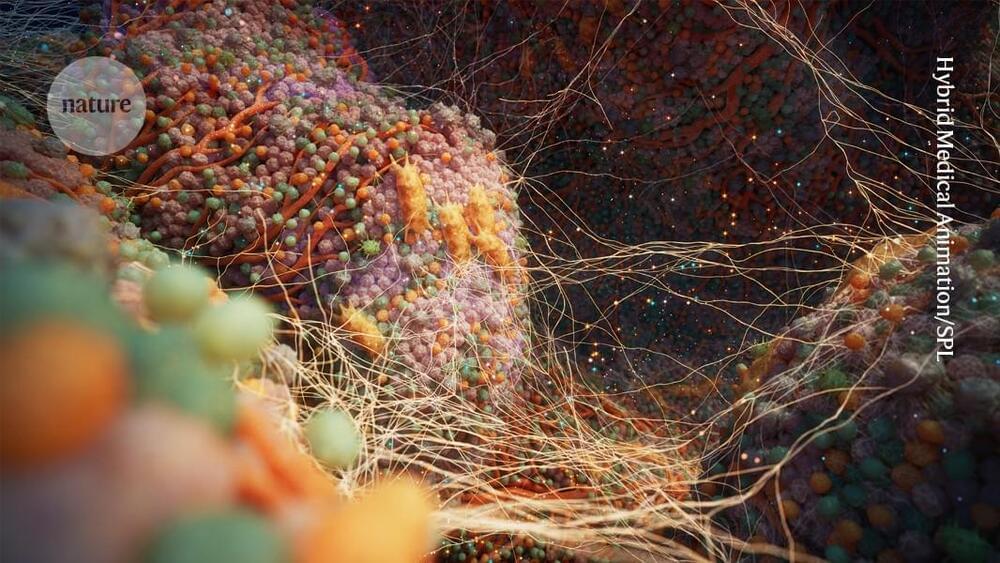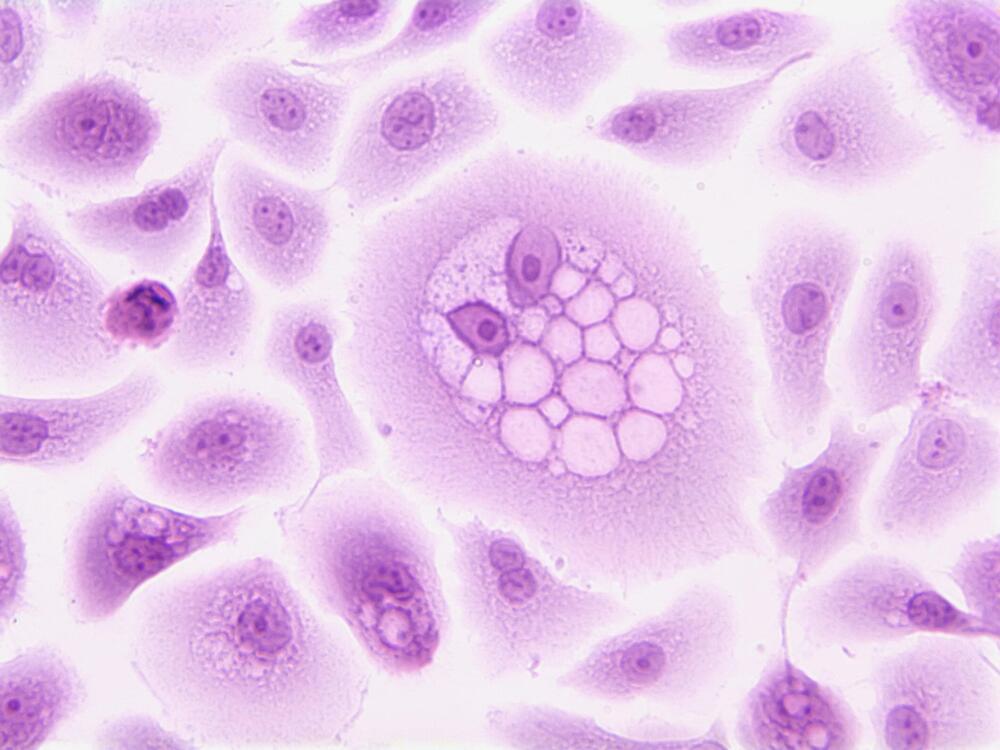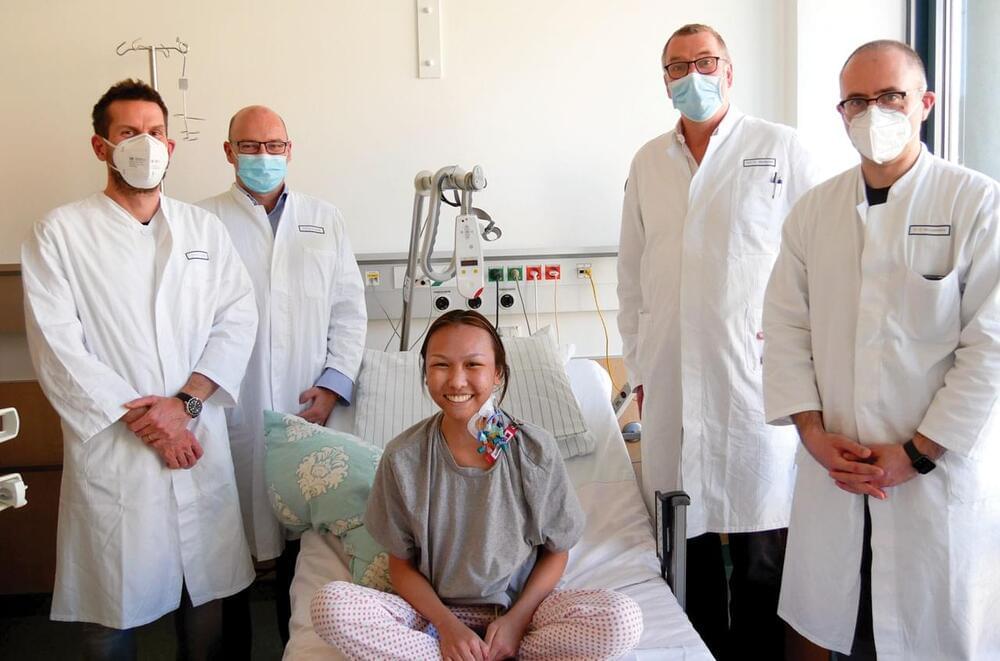
Memory, a fundamental aspect of human cognition and consciousness, is multifaceted and extends beyond traditional conceptualizations of mental recall. This review article explores memory through various lenses, including brain-based, body-based, and cellular mechanisms. At its core, memory involves the encoding, storage, and retrieval of information. Advances in neuroscience reveal that synaptic changes and molecular modifications, particularly in the hippocampus, are crucial for memory consolidation. Additionally, body memory, or somatic memory, highlights how sensory experiences and traumatic events are stored and influence behavior, underscoring the role of implicit memory. Multiple studies have demonstrated that memories can be encoded and stored in cells. Evidence suggests that these memories can then be transferred between individuals through organ transplantation.

















